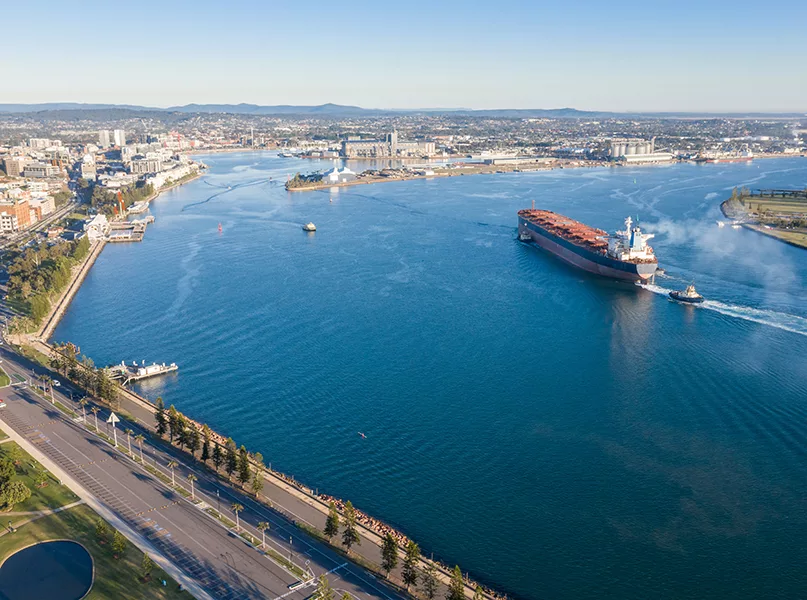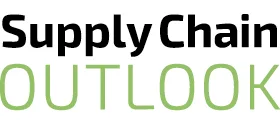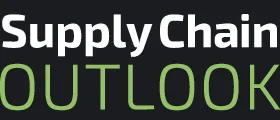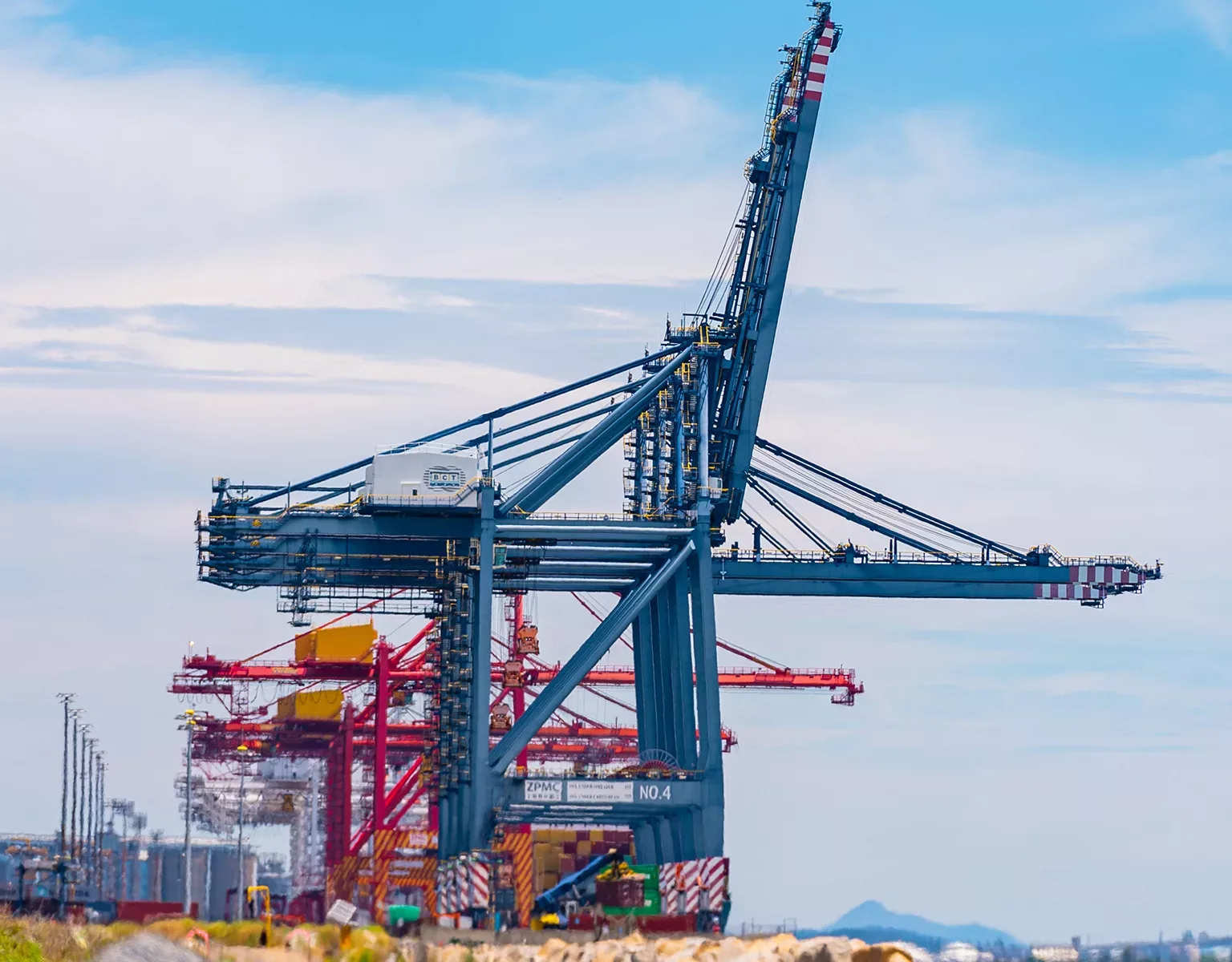SPOTLIGHT ON PORTS AUSTRALIA
As the sector’s collective voice, Ports Australia is the association striving for sustainability, inter-regional connection, and promoting the longevity of quality marine assets that adhere to stringent quality and safety standards. CEO, Mike Gallacher, tells us more
Advancing Australia for over 100 years, Ports Australia is the national peak body representing government and privately owned ports. Its membership accounts for over 95 percent of Australia’s imports and exports.
Formed at the first interstate harbour conference in 1916, Ports Australia has provided advocacy, coordination and leadership to sustain the port communities while fostering economic, innovative and sustainable growth.
Port authorities and corporations together with the Royal Australian Navy form part of its membership, along with various support service companies in the port sector. The association’s core membership consists of 21 full members from across Australia, several of which have multiple ports under the organisation, along with other associate members that are businesses related to the ports industry, representing everything from engineering to IT groups. Ports Australia itself is divided into several different working groups, ranging from accounting and human resources to communications, corporate affairs and port operations. Each group has all ports and most associate members, and they are often also attended by government officials as well.
Ports Australia’s network also comprises associate international members, including several ports across New Zealand, PNG, the Solomon Islands and the South Pacific. With each location facing similar climate issues, this far-reaching remit aims to facilitate knowledge sharing and a mutually beneficial collaborative approach whereby each country can learn from the other. Above all, Ports Australia exists as a means of support for these heavily port-reliant nations across Oceania. As such, the association is heavily involved in fulfilling an advocacy role and working closely with both state and federal governments on the primary issues and challenges facing the sector.
A major recent undertaking from Ports Australia is the Wharf Structures Condition Assessment Manual (WSCAM) – an industry-leading initiative that has been reviewed by Ports Australia’s engineering and asset management working group as a means to consolidate and implement a uniform guideline in terms of the expected standards of wharf conditions and safety requirements. Although WSCAM was officially released just last year, it has become widely used across all Australian ports and port-related bodies such as local councils that may have marine or wharf assets and is available for purchase by any player in the maritime space. By setting a guideline for the maintenance of assets, involving safety standards, cost-effectiveness and a level of maintenance that will contribute to their longevity, WSCAM is instrumental in fostering sector sustainability.
In terms of environmental sustainability, Ports Australia is key in driving this agenda across the sector having published guidelines for all relevant parties to comply with. Ports Australia recognises that sustainability is relevant to all aspects of the port business, stakeholders and along supply chains, and is taking action to support government and the ports in policies and initiatives that are sustainable.
Several such examples that seek to support the sustainable prosperity of ports across Australia and in the geographies of its associated international members include the development of industry guidelines (the Port Sustainability Strategy Development Guide), the facilitation of knowledge sharing across the industry through communities of practice and the Sustainability Hub (as a readily available online resource), and finally through the extensions of ports connections across New Zealand and the Pacific.
This work also translates to social sustainability, in terms of respecting local cultures and the Traditional Owners of the land, working closely with the Indigenous people of Australia. Ports Australia acknowledges the Aboriginal and Torres Strait Islander peoples of Australia and acknowledges the traditional custodians of the lands on which its ports are located. The association is committed to respecting Aboriginal and Torres Strait Islander peoples’ unique cultural and spiritual relationships to the land, waters and seas, and their rich contribution to society. This centres on healthy relationships with the local community across areas of operation, with opportunities for skills development, training and employment opportunities that are dedicated to socio-economic well-being with a respect for the land.

PORTS AUSTRALIA – WORKING GROUPS
Port operations – Also includes the Hydrographic/Marine Surveyors sub-groups. Focuses on operations and navigation capabilities, management, regulation, safety, and ensuring the provisions of the National Plan for Maritime Environmental Emergencies are effectively facilitated.
Accounting, Finance and Governance – Focuses on financial, economic, taxation, legal, insurance, audit and risk, and other governance matters relevant to ports.
Logistics – Focuses on logistic management and performance issues at the port, any relevant supply chain matters, and relevant regulatory issues.
Information Technology – Focuses on information and communications technology developments in the ports sector, its application to port operations, and any policies that govern its application at ports.
Engineering – Focuses on infrastructure management and maintenance, construction and redevelopments at ports and considers the effectiveness of any overarching policies (e.g. Standards Australia) for port practitioners.
Corporate Affairs and Communications – Focuses on communications that promote ports with consideration of effective strategies and mediums, key stakeholders, brand management, drivers, and data. Also considers internal corporate communication matters.
Industrial Relations and Human Resources – Focuses on human resources policies and practices concerning remuneration, management and negotiations of EAs/EBAs, awards (including the protection of the Port Authorities Modern Award), performance management, and changes in the industrial relations environment.
Work Health and Safety – Focuses on the organisational management of health and safety of employees, contractors and visitors at ports, including incident reporting and relevant policy/legislative implications.
Environment, Planning and Sustainability – Focuses on the planning and access management to the ports, environmental matters of the ports (e.g. dredging, climate change, regulatory implications) and the surrounding environment affecting the ports, and vice versa. The sustainability contingent focuses on how member ports are planning their role in the sustainable future of the Australian supply chain.
Port Security – Focuses on security management, operations and regulations at ports.
Legal – Focuses on the organisational management of legal matters affecting the business.





















